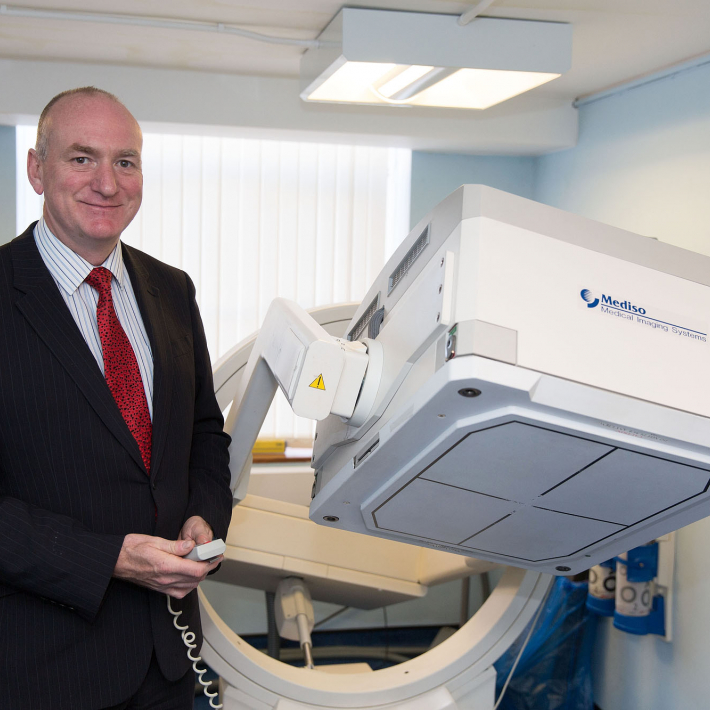"It’s challenging but also very rewarding, and delegation and trust are vitally important!"
While medical physics is Malcolm’s passion, he enjoys the management aspect of his role too. He is now director of medical physics at Royal Berkshire NHS Foundation Trust, responsible for more than 70 staff.
